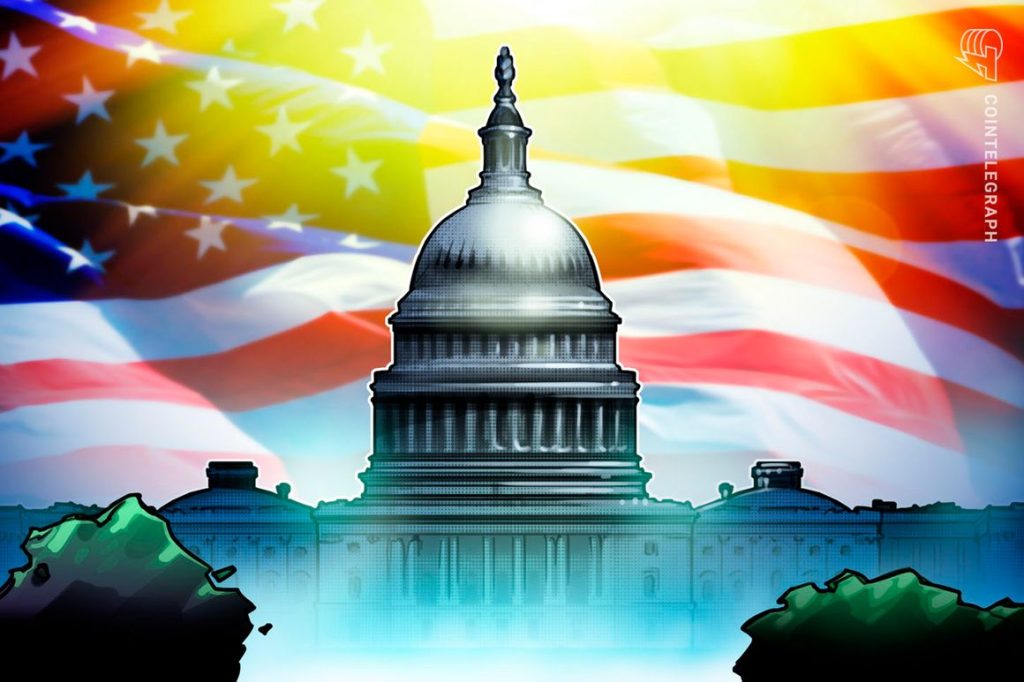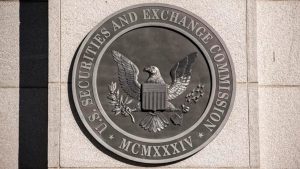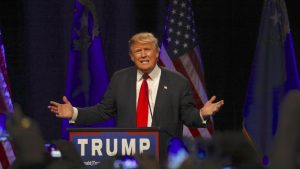US Democrats speak up for CBDC global leadership, Republicans fear ‘dark side’

Debate in the United States House Financial Services Committee during the markup of the CBDC Anti-Surveillance State Act on Sept. 20 occasionally wandered beyond strictly financial and technical issues. Star Wars and anarchists were mentioned in the discussion at various points, as were crypto bros.
Beneath the rhetoric, the value of research, U.S. citizens’ privacy and the role of government in everyday life were discussed as they relate to a U.S. central bank digital currency (CBDC).
Tom Emmer introduced the bill after several other bills had been passed through the committee. He characterized his bill as “simple,” saying, “It halts the efforts of the administrative state under President Biden from issuing a financial surveillance tool that will undermine the American way of life.”
“If not designed to emulate cash, [it] could give the federal government the ability to surveil and restrict Americans’ transactions.”
Emmer mentioned the Chinese digital yuan and government social credit system and Canada’s freezing of bank accounts during the truckers’ protest of 2022 as he introduced the bill. The bill has the support of 60 senators and numerous organizations, according to Emmer.
Ranking member Maxine Waters renamed the bill The CBDC Anti-Innovation Act. She said it would threaten the status of the dollar as the principal global reserve currency, adding:
“We don’t know at this point how the introduction of CBDCs could shape the global financial landscape. […] Republicans are making baseless attacks against a CBDC that does not even exist.”
Later she said the bill would “give China the reins to set the global standard for central bank digital currencies.”
Stephen Lynch pointed out some inconsistent language in the bill, and there were questions about what research on CBDC would be allowed under the bill, which was taken up repeatedly during the debate.
Brad Sherman compared cryptocurrency unfavorably to CBDCs. “Keep in mind, this is a pilot program. Keep in mind, no one has to have any digital currency,” he said.
Related: Rep. Tom Emmer: Digital assets will be a ‘sleeper issue’ for 2024 elections
Mike Flood was among those who did not want to trust the government with the power a CBDC could give it. He suggested the government committee members:
“Picture a politician they dislike the most. […] Now imagine that person, and all the ill intentions you ascribe to them, with the power that comes with a retail CBDC.”
The legislators eventually agreed that the bill prevents the issuance of a CBDC without an act of Congress, which has been insisted on by the Federal Reserve from the beginning. The general lack of financial privacy in the country was also noted by both sides.
The Financial Services Committee is set to vote on my bill, the CBDC Anti-Surveillance State Act, today. Watch my remarks from the debate: pic.twitter.com/C4S3okdl0w
— Tom Emmer (@GOPMajorityWhip) September 20, 2023
Waters and Lynch introduced amendments to clarify the bill’s reach over research to authorize the Fed to study the Chinese digital yuan, which could facilitate efforts to evade U.S. sanctions. Waters made reference to the mBridge pilot between China, Hong Kong, Thailand and the United Arab Emirates.
The committee went into recess at 1:30 p.m., local time, after four hours. After reconvening, the committee rejected the amendments and passed the bill, recommending it to the full House on a vote of 27 to 20.
Magazine: Opinion: GOP crypto maxis almost as bad as Dems’ ‘anti-crypto army’














